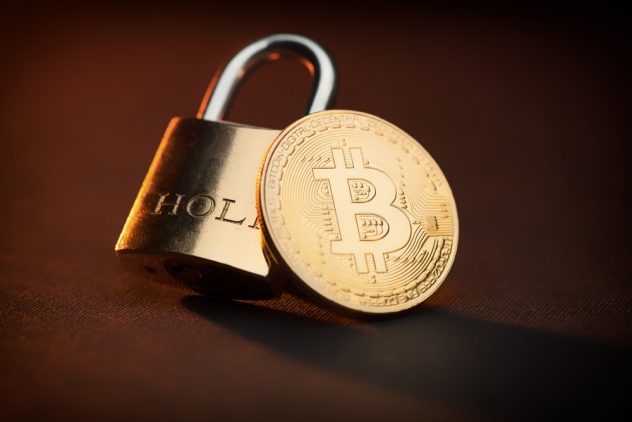Anonymity, privacy, and security are often not the first terms that come to our mind when we think of interacting on the Internet. Most of the population isn’t even interested in these things, which makes them an easy target not only for attacks and data theft – as the worst of all possibilities – but also for data collection. In modern society, the goal is to understand how to stay safe, and which digital tools to use and which to avoid.
In this text, we’ll explain how anonymity, privacy, and security are achieved in the world of cryptocurrencies. You’ll find tips and understand why online security is one of the things you should pay attention to.
 Privacy and cryptocurrencies
Privacy and cryptocurrencies
Data privacy in the crypto world is very important and unfortunately, for now, only a small number of projects deal with privacy as a serious problem and a serious need of today.
Of those who deal with this, half offer optional privacy, which raises the question of what’s the purpose of a project that represents privacy and offers it only as an option. In any case, there are projects that deal with the protection of privacy, and more will be said about that later.
Anonymity and cryptocurrencies
Speaking of anonymity related to cryptocurrencies, it’s highly recommended when it comes to money transactions or transactions of something of value. There’s no need for all observers to know who you are and potentially risk your safety.
A world in which all money transactions would be under the veil of anonymity would have been a great environment for the free sending of money and for free trade. And that’s exactly what some of the crypto-projects offer us.
Security and cryptocurrencies
Security can exist unrelated to privacy and anonymity. It applies to everything from content downloads to online shopping.
If you deal with cryptocurrencies, then pay special attention to these security concerns:
Anonymity, privacy, and security in connection with cryptocurrency transactions
Cash is on a high level when it comes to providing privacy and anonymity. Cryptocurrencies supported by blockchain technology are the next level of online payment. Contrary to expectations, the number of cryptocurrencies that provide anonymity, security and privacy of data is very small.
Level 1: Bitcoin
In the case of Bitcoin, its network provides pseudo-anonymity and transparency of information. This information, in the case of Bitcoin and other transparent currencies, is the number of coins sent, the number of remaining coins, from where they were sent, the history of the coins, and the time of sending. All this information is visible to both the sender and the recipient of the coin. Note that the Bitcoin price is constantly varying.
According to this, all data is available to anyone who knows where to look for it. On the other hand, the real identity of a person isn’t known to the regular user. To find that out, higher-level skills are needed, which include tracking payments from this public address and linking activities and behaviors online. Even then, it’s not easy to track it down. Bitcoin, according to this, doesn’t belong to the group in which there are anonymous cryptocurrencies but it’s certainly the first project that went in that direction.
Level 2: Monero
Monero is the first cryptocurrency to give users anonymity. It was created according to the Bitcoin model but it completely provides anonymity and privacy. It does this thanks to a specially designed blockchain where anonymity and privacy are “embedded” into the system. All this is possible thanks to the so-called ring signatures and temporary addresses.
In any case, none of the random observers can see who’s sending the transaction, to whom it’s addressed, how many coins are being sent, and more. The downside of Monero is that its coin distribution model is the same as Bitcoin’s, so most coins have already been mined and its sole purpose is to be a means of payment like most other crypto coins.
Level 3: Safex
Like Monero, Safex works on a similar principle but with a different goal. While the Monero project is designed to be one of many means of payment, Safex was created with the idea of ??being an eCommerce platform on which transactions will be under the veil of privacy and anonymity. This property was considered necessary for free trade and is one of the basic characteristics of this project.
As the platform is decentralized, no central entity or random observer will have an insight into what, when, and where to buy. In this way, the customer is protected from potential fraud and data collection, which isn’t uncommon in the world of online shopping.
Safex also uses the same technology as Monero: all transactions are protected, users are anonymous, and their data is private. Unlike Monero, Safex is quite easy to send and receive Safex tokens and Safex cash thanks to a simple wallet application. This way, everyone who buys on the SafexeCommerce platform or just performs transactions with each other will be anonymous, their data will be private, and their purchases secure.













Leave A Comment